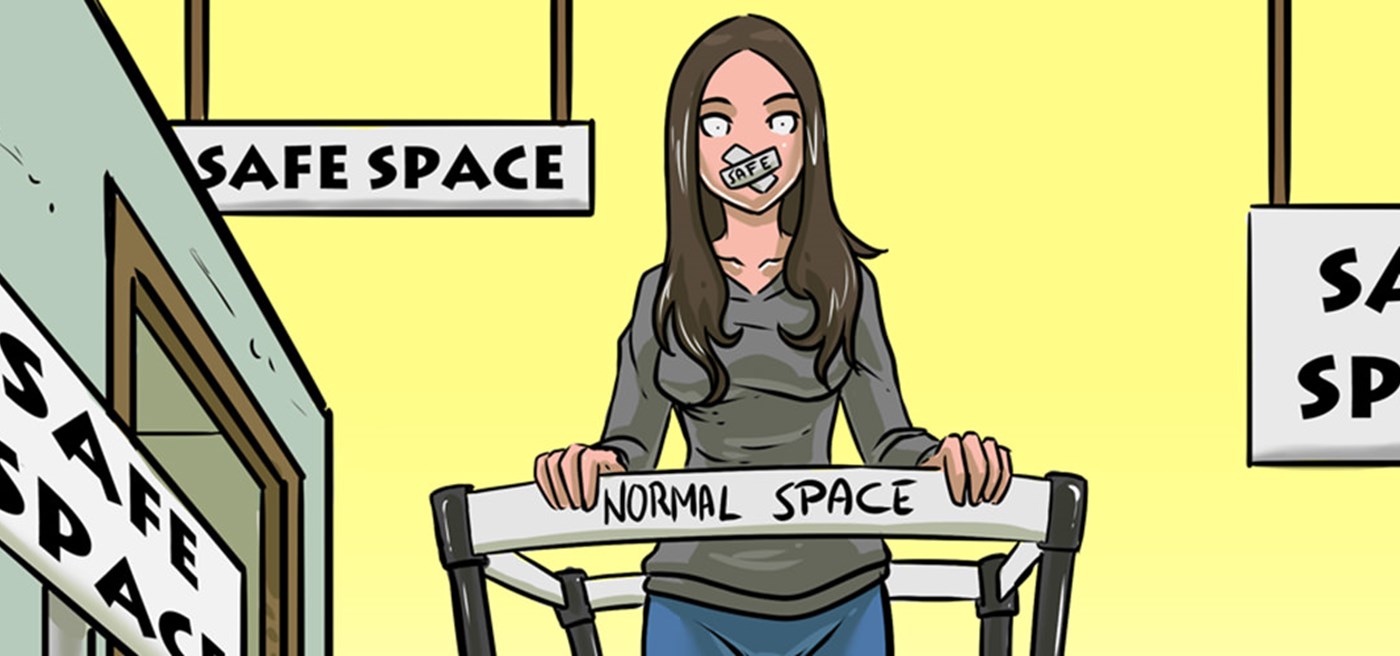July 2020: I read this essay and added commentary for Episode 331 of the Everything Voluntary podcast.
Feeling safe, at least temporarily, could probably be categorized as a human need. People seek out places to feel safe and secure. Nobody wants to constantly be looking over their shoulder or stepping lightly. That’s probably not a healthy way to live.
Adults buy or rent property in order to sequester themselves and their stuff from the risk of being harmed or stolen. Children find spots in their homes or their neighborhoods where they can feel safer than otherwise.
Safe spaces are a necessary component of the human experience. Without safe spaces, people become short-sighted about the choices they make. We need security in order to plan and prepare for the future. Children especially need safe spaces where they are free from physical and emotional harm. This space should be their entire home, with their families, but more often than not, they aren’t.
Safe spaces are only as guaranteed as are property rights secured. What you allow other people to do on your property should be entirely up to you. Same goes for any other privately owned property, be it residential, commercial, industrial, or academic.
Conflict regarding the desire for safe spaces is no different on a fundamental level than conflict regarding speech and behavior. Case in point: the hue and cry for “safe spaces” on college campuses. Should college campuses have safe spaces? Should the entire college campus be a safe space?
Where people have contracted for room and board, the safe space nature of those places should be up to the parties of the contract. I for one would not rent a dorm room that did not guarantee I would be free from either physical or emotional molestation. Had I done so believing so, and molestation ensued, I would be just as upset as anyone calling for safe spaces on college campuses.
The issue shouldn’t concern privately owned or rented places, and I don’t think it does. The issue does concern places designated for public use. And therein lies the root of the problem. It’s the age old economic problem, the tragedy of the commons. Nobody specific has ownership rights over these places, and so nobody can exercise control in designating some as “safe” and others as not.
The solution is simple: sell public colleges and universities to the highest bidders. Case closed. Unfortunately, that’ll never happen. And so methinks we’ll always have one problem or another of this sort. Today’s it’s safe spaces, free speech, and immigration. Tomorrow it’s… what will it be? It will be contentious and loud… and totally avoidable.
“Safe spaces” makes sense for dormitories and cafeterias, since in there people should feel safe from encountering potentially offensive ideas. It doesn’t make sense for classrooms and lecture halls, since in there people should feel safe expressing potentially offensive ideas. And that’s all I have to say about that.




